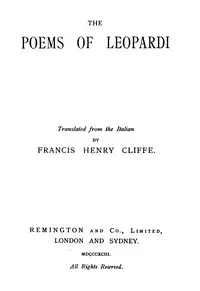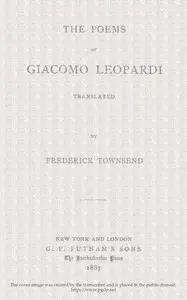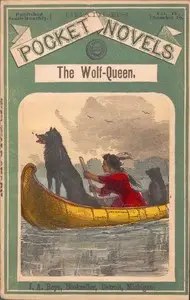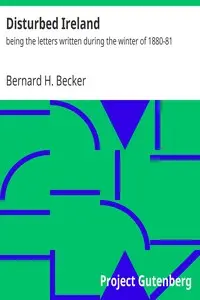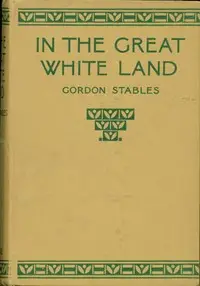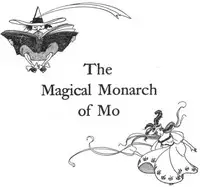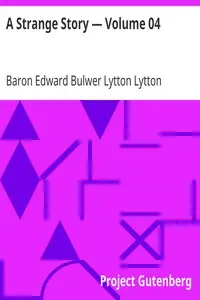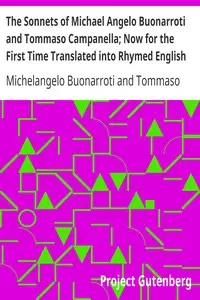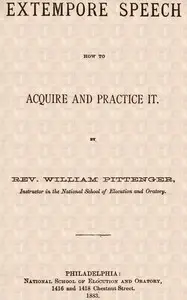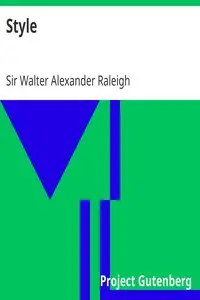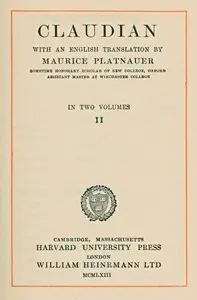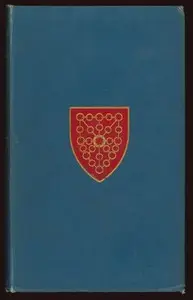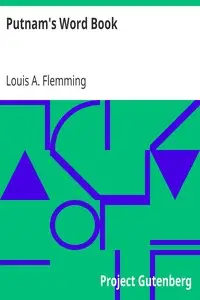"Essays and Dialogues" by Giacomo Leopardi is a collection of philosophical essays and dialogues written in the early 19th century. The work delves into various themes reflecting on human existence, philosophy, and the struggles of life, showcasing Leopardi's insightful yet often melancholic worldview. This collection includes dialogues between mythic figures and discussions on human nature, emphasizing the complexity of human emotions and the pursuit of meaning. The opening of the collection introduces the content and context of Leopardi's thoughts, revealing his deep engagement with existential questions and human folly. It begins with a biographical sketch that illustrates Leopardi's intellectual growth, ambitions, and the physical and mental struggles that shaped his philosophy. Leopardi's dialogues explore the human condition, addressing universal themes such as despair, existence, and the nature of happiness, presented through interactions among legendary characters like Hercules and Atlas, as well as abstract concepts like Fashion and Death. Overall, the beginning sets the stage for a contemplative journey through the mind of one of Italy's most profound literary figures, inviting readers to reflect on the inherent contradictions and beauty of life. (This is an automatically generated summary.)
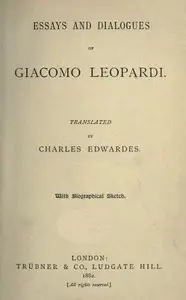
Essays and Dialogues
By Giacomo Leopardi
"Essays and Dialogues" by Giacomo Leopardi is a collection of philosophical essays and dialogues written in the early 19th century. The work delves in...
Count Giacomo Taldegardo Francesco di Sales Saverio Pietro Leopardi was an Italian philosopher, poet, essayist, and philologist. He is considered the greatest Italian poet of the nineteenth century and one of the most important figures in world literature, as well as one of the principals of literary romanticism; his constant reflection on existence and on the human condition—of sensuous and materialist inspiration—has also earned him a reputation as a deep philosopher. He is widely seen as one of the most radical and challenging thinkers of the 19th century but routinely compared by Italian critics to his older contemporary Alessandro Manzoni despite expressing "diametrically opposite positions." Although he lived in a secluded town in the conservative Papal States, he came into contact with the main ideas of the Enlightenment, and, through his own literary evolution, created a remarkable and renowned poetic work, related to the Romantic era. The strongly lyrical quality of his poetry made him a central figure on the European and international literary and cultural landscape.


